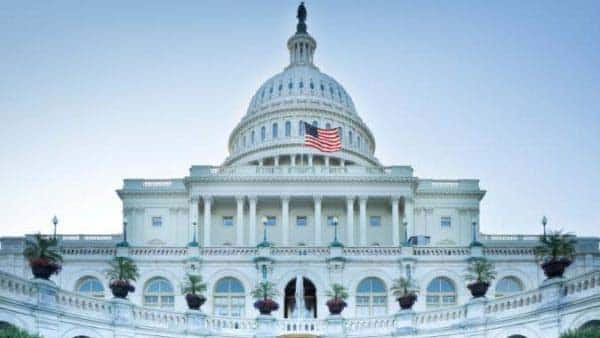72% of Americans answer ‘yes.’
Long-serving congressional members prompt scrutiny of tenure.
WHY IT MATTERS – The call for a maximum age limit for Congress has the potential to usher in a new era of legislative leadership.
THE NUMBERS – In a USA TODAY/Suffolk University poll from Oct. 17-20, 1,000 registered voters were surveyed about their opinions on implementing a maximum age limit for Congress.
Among supporters, opinions on the specific limit vary:
- 40 percent endorse an age limit of 75
- 23 percent endorse an age limit of 65
- 22 percent oppose setting a maximum age limit
- 9 percent endorse an age limit of 85
Implications of a maximum age limit of 75 on current leadership, endorsed by nearly two-thirds of respondents:
- 14 of the 100 sitting senators would be ineligible to serve
- 33 sitting representatives would be ineligible to serve
The median age of lawmakers has increased:
- Senate: 65, a record high
- House: 58, for the fourth consecutive Congress
Notable members’ age and tenure:
- Former House Speaker Nancy Pelosi, 83, with 36 years of service, seeks re-election in 2024.
- Senate Minority Leader Mitch McConnel, 81, plans to complete his Senate term.
- Late California Sen. Dianne Feinstein passed away at age 90, after serving 31 years in the Senate.
- Longest-serving member of the 118th Congress, Sen. Charles Grassley, turned 90 and has served for over 48 years.
REALITY CHECK – Establishing a maximum age limit would require a Constitutional amendment.
THE BOTTOM LINE – Support for a maximum age limit in Congress reflects a desire for fresh, diverse leadership.
GO DEEPER – Congress’ age needs a limit, new poll finds

